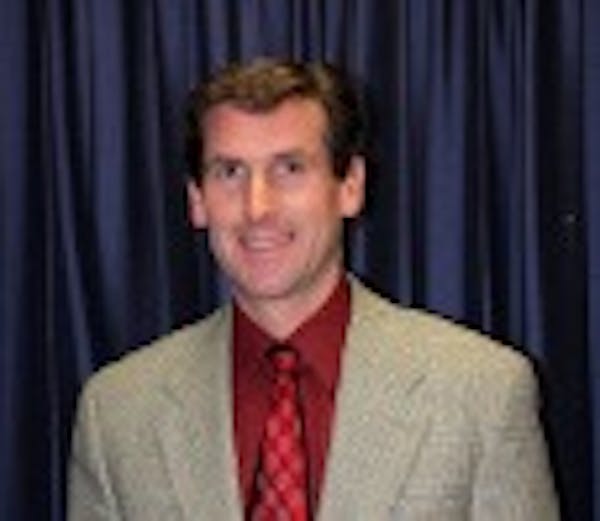A St. Cloud Muslim, author and teacher, Hudda Ibrahim hosts regular "Dine and Dialogue with a Muslim Neighbor" events in her family's St. Cloud apartment building to help foster better understanding of immigrants and refugees.
The city's mayor, Dave Kleis, holds chili feeds at his house to bridge the cultural gaps among different races and religions.
And on Nov. 6, the group #UniteCloud will hold a panel discussion called "I Don't Mean to Offend You, But …" to allow people born in or around St. Cloud to ask lingering or nagging questions of Muslims from several different countries.
All are attempts to bring transparency and civil discussion to the issue of how immigrants and refugees are changing central Minnesota. All will get local media coverage.
Unfortunately, on the same day as the panel discussion, City Council Member Jeff Johnson is expected to call for a moratorium on new immigrants to the city while studies are done on their impact. It's a proposal both doomed to fail and assured to bring statewide, if not nationwide, attention.
"It's extremely embarrassing to be in the news for this," said Natalie Ringsmuth, director of #UniteCloud, a nonprofit that seeks to ease racial, religious and cultural tensions in St. Cloud. "It's something that will create fear in what is already a fearful situation."
Ringsmuth has heard the myths that get spread, such as the belief that all immigrants get free cars when they arrive in this country.
"People are angry for a reason," said Ringsmuth, who pointed out that while unemployment in the region is low, so are wages — so low that many working poor from St. Cloud use social services. Instead of attacking that problem, she said, they blame people who don't look like them.
"Now our city has to go through something painful like this in front of the whole U.S., and meanwhile, we have other problems we are not addressing. For example, we are the Number 1 hub for sex trafficking in the state."
Some residents also believe refugees are in the U.S. illegally; they are not. In fact, they undergo rigorous background checks before entering the country.
Sheila Moriarty, assistant professor of social work at St. Cloud State University, said most of her students from Somalia have remarkable, uplifting stories that should be embraced, not questioned. Johnson's call for a moratorium reminded her of an open letter some years ago by a mayor in Maine telling immigrants to stay away.
"It's a sense of discomfort [from longtime residents]," said Moriarty, "a feeling that this is outside of what we know. Instead of getting interested, people get afraid."
While Johnson and others call for the moratorium to study the effect of refugees, "the truth is, they have the answers, they just don't like those answers," said Ringsmuth.
In the past year, about 240 "primary" immigrants were brought into St. Cloud, but 99 percent of them were being reunited with family already there, Ringsmuth said. Because of that connection, many don't need much help from social services.
"Somalis in the community often take care of their own," said Melissa Huberty, human services administrator for Stearns County. "The story of Somalis living in Stearns County is that social services works. The majority get off in three years and don't go back and they are employed at a higher rate [76 percent] than people born and raised here."
Refugees do get some federal money to come to the U.S. but must pay it back. They also receive a small federal grant to resettle, "but there is very little of the county tax levy supporting refugees here," Huberty said. After 30 days, they are entitled to the same social services that help the thousands of people who grew up in St. Cloud and need help.
The animosity "appears from a very small group of people who are upset and don't know the facts," said Huberty. "Perhaps they don't want to know the facts."
While some speculate that refugees exacerbate crime rates, "It's quite the opposite," said Ringsmuth. Also, "the majority of people using social services are white. And if you look at people using English language services, they are getting off social services at a higher rate than people born here."
Ringsmuth has advice for people concerned that Somalis and other immigrants are not assimilating enough: Focus your energy on improving the situation by teaching English or volunteering at a local school or food shelf.

Depressed after his wife's death, this Minneapolis man turned to ketamine therapy for help

Tevlin: 'Against all odds, I survived a career in journalism'




